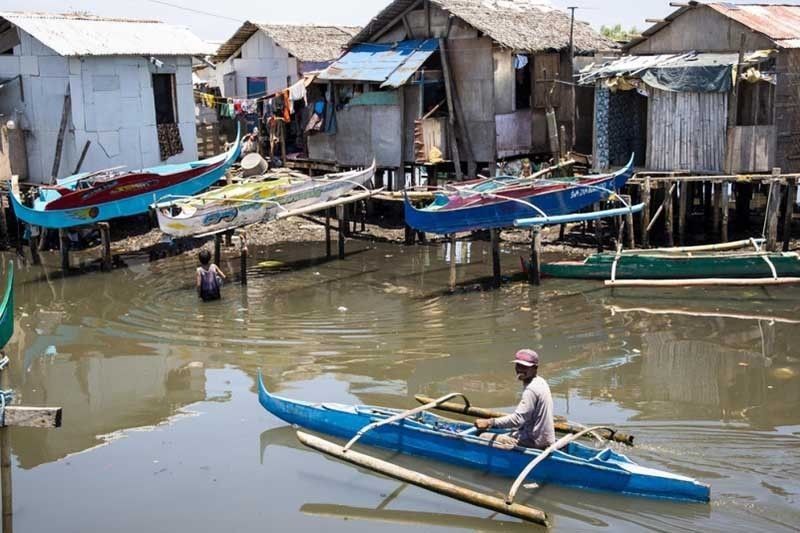Zamboanga City seeks probe into Badjao 'exodus' to Manila

ZAMBOANGA CITY, Philippines — The Zamboanga City government has asked the Inter-Agency Council Against Trafficking to investigate the mass departure last week of Badjaos who headed to Manila, saying a syndicate may be behind their travel.
Mayor Maria Isabelle Climaco-Salazar has written Justice Undersecretary Emmeline Aglipay-Villar, the justice official in charge of the IACAT, to intervene and investigate the mass departure of Badjaos to Manila.
Salazar said the same request was made to Social Welfare Secretary Rolando Joselito Bautista, who is also the Cabinet Officer Responsible for Development and Security (CORDS) of Region 9.
She also asked the two departments for long-term solutions to protect indigenous peoples like the Badjaos from exploitation.
"It is highly unusual for a very large group of Badjaos to be suddenly in an exodus from Zamboanga to Manila," Salazar said in her letter addressed to Villar.
IACAT earlier this week announced that more than 200 of 303 Badjaos rescued in Manila would be sent back to Zamboanga City. Authorities said they suspected that the Badjaos were brought to Manila by a human trafficking syndicate to make them work as laborers.
The group of Badjaos managed to leave Zamboanga City, which has tight restrictions on travel, and go to Manila after presenting complete travel documents.
Salazar said this was the largest group of Badjaos to leave the city this year but said there have been similar incidents in April and May.
She said the Badjaos usually end up begging on the streets of Manila and of other cities."
"The lives of these indigenous peoples are in our hands and we have to look for an immediate and lasting solution. Being an advocate and champion on the rights of every individual we share the same aspiration to protect their best interest," Salazar said.
Justice Secretary Menardo Guevarra this week said an investigation into the incident and to determine the identity of the person who supposedly paid for the travel is ongoing.
"The IACAT has expressed serious trafficking concerns about the mass arrival of Badjaos in Metro Manila," he said last Monday.
The Badjaos, also called the Sama Bajau, are historically nomadic seafarers. They also often experience difficulties in accessing basic services and in exercising their freedom of movement, the UN High Commissioner for Refugees said in 2019.
Many are undocumented, with UNHCR saying then that there were between 10,000 and 15,000 Sama Bajau living in Zamboanga, around 85% of whom had no birth certificates. UNHCR and UNICEF have been working to get them registered and have them issued birth certificates.
- Latest
- Trending


























